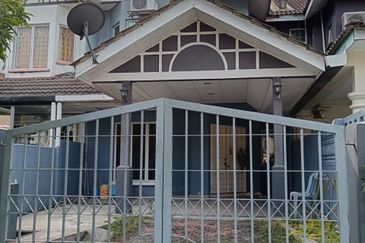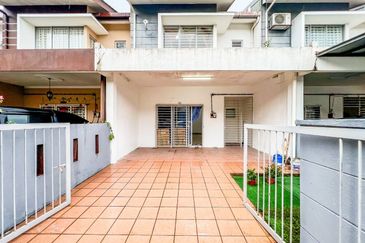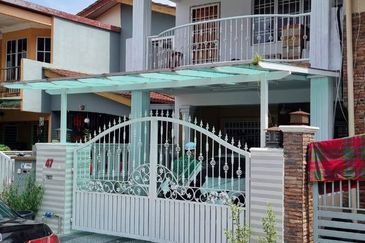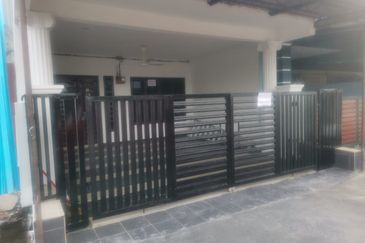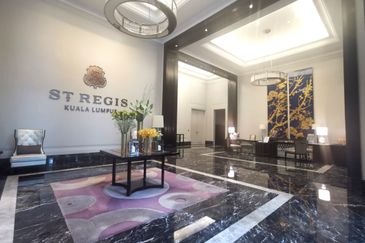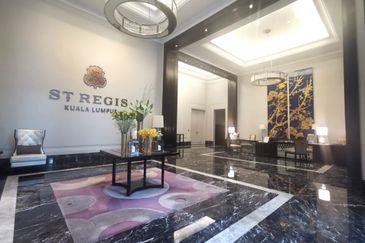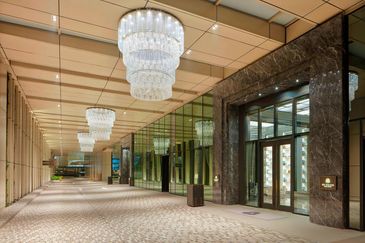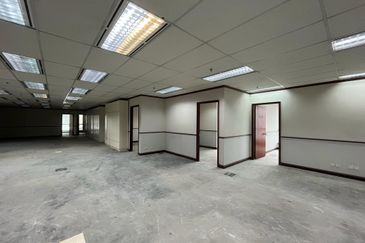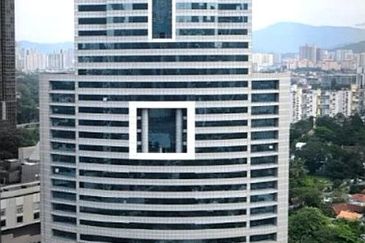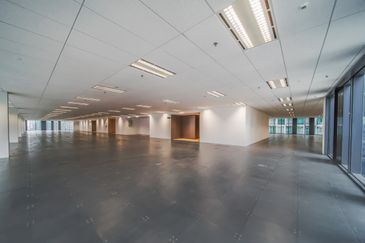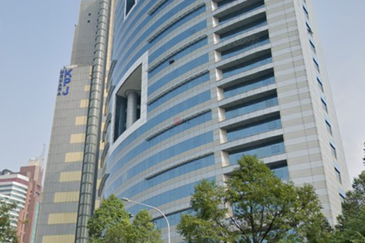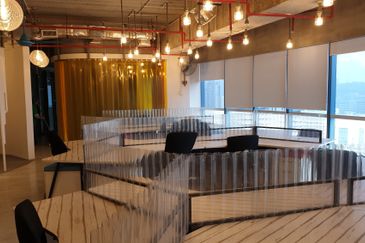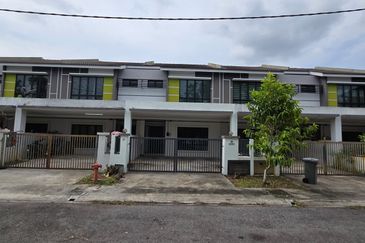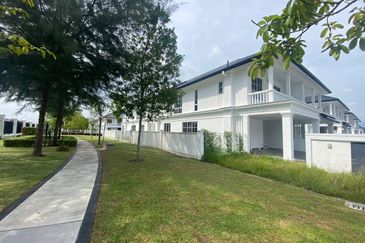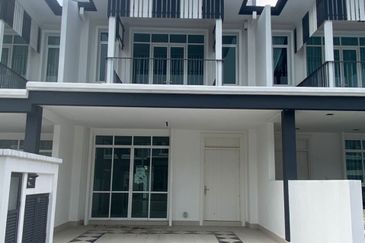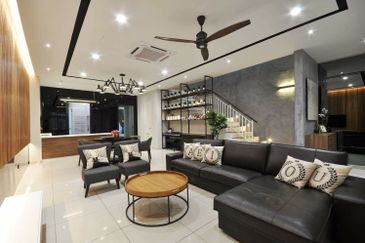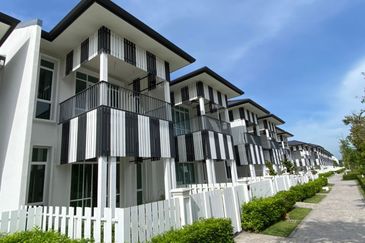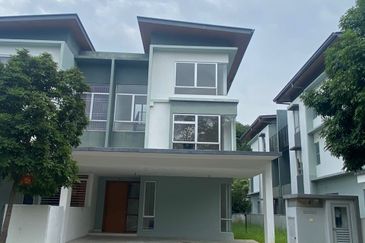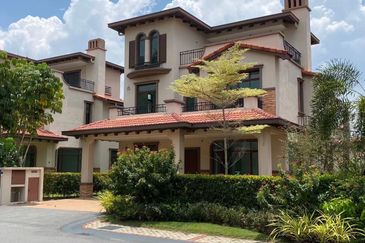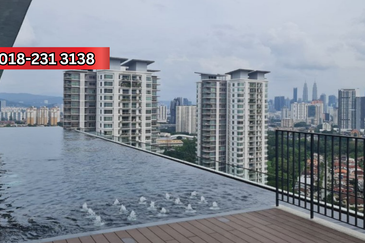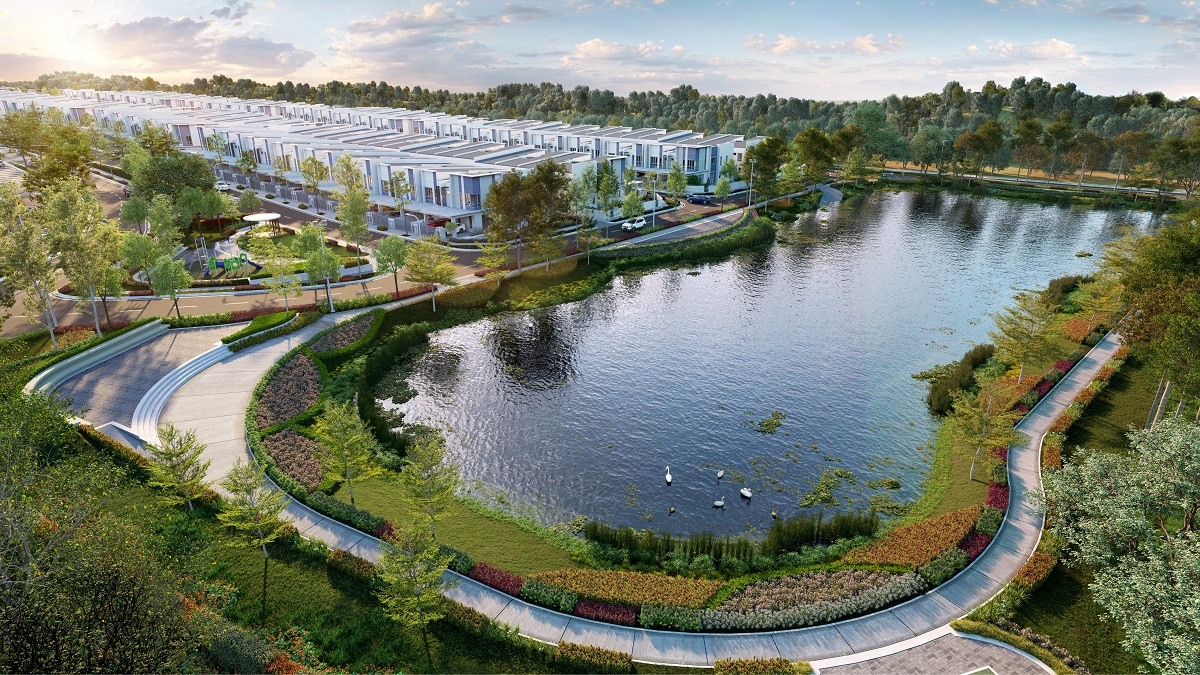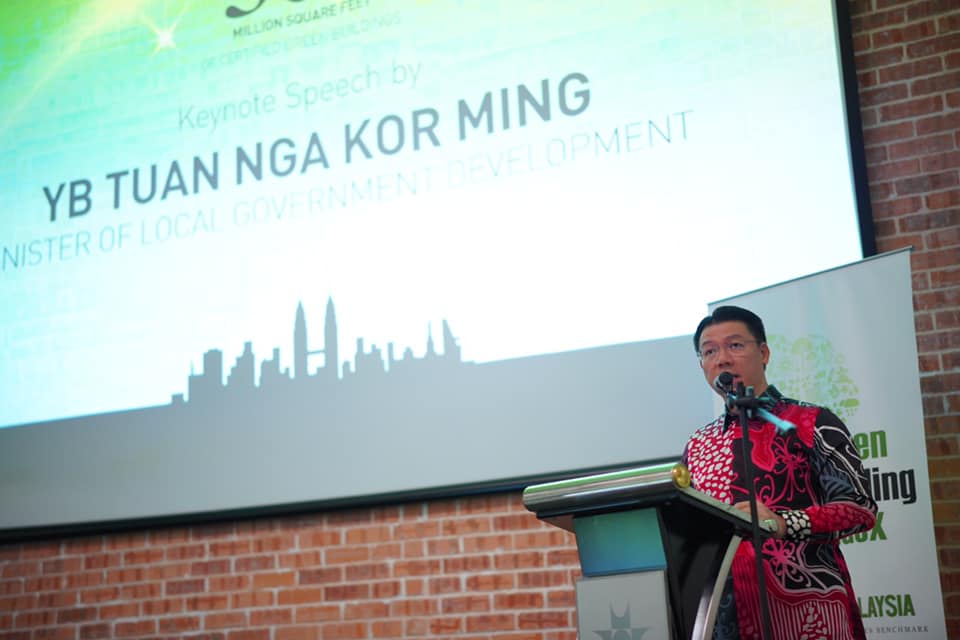
- KPKT is also proposing a consent threshold of a simple majority, which is 51% for abandoned projects to be redeveloped.
KUALA LUMPUR (Dec 12): The Local Government Development Ministry (KPKT) is proposing a 75% of residents’ approval threshold for en-bloc sales for redevelopment projects, according to its minister Nga Kor Ming.
In response to EdgeProp‘s question after a Green Building Index (GBI) event today, Nga said that the current Act requiring 100% consent is a “mission impossible” for many.
Hence, KPKT, through the Department of Town and Country Planning (PLANMalaysia), has conducted a comprehensive survey and international comparative studies to find out what the global best practices are.
“According to our findings for urban redevelopment consent threshold, in many developed nations, including Tokyo, it only requires 66.7%, while Shanghai is a two-thirds majority. The highest now is Singapore. For Singapore, the benchmark under the Urban Renewal Authority (URA), buildings less than 10 years old [is based on] 90% consent threshold, and buildings above 10 years old [is based on] 80% consent threshold.
“Therefore, Malaysia will take the middle path. We are proposing 75%, but this is subject to discussion. We welcome learned opinions from various sectors to give us a fair and balanced view,” he said.
Nga also explained that the new Urban Renewal Act will be more comprehensive compared to other countries because it will also cover abandoned projects. KPKT is proposing a consent threshold of a simple majority, which is 51% for abandoned projects to be redeveloped.
(Read also: Nga: Urban Renewal Act targeted to be tabled next year)
(Read also: KPKT pushes for urban redevelopment agenda)
Location of 139 sites identified for redevelopment already made public
Nga stated that Kuala Lumpur City Hall (DBKL) has identified 139 potential sites amounting to about 1,279 hectares of land, which are suitable to be transformed from slums to green buildings in the Klang Valley alone. When asked about the 139 sites' whereabouts, he said that they have been made public through the DBKL website. He encouraged all developers to look them up and take advantage of development opportunities, so that when the new Act is passed, the developers could quickly help the ministry to redevelop the respective areas.
He also mentioned that Urban Renewal Implementation Guidelines, which are in line with the sustainable development goals, will be made public and the ministry welcomes all feedback. The guidelines focus on four agendas – urban redevelopment, urban rejuvenation, urban regeneration and urban conservation.
351 abandoned projects saved
“After almost one year’s hard work and effort, we have managed to salvage and save 351 abandoned projects throughout the country, amounting to RM32.3 billion in value, which involved 43,873 buyers,” he said.
Moving forward, KPKT will be more aggressive, and Nga thanked Prime Minister Datuk Seri Anwar Ibrahim for providing the ministry with another revolving fund amounting to RM1 billion to provide guarantees to developers who step forward to help the ministry save abandoned projects.
When asked how the B40 and M40 can be included and not be left behind amidst rising property prices in developed urban areas, Nga said that KPKT understands the issues and therefore, offers many social housing programmes starting with Program Perumahan Rakyat (PPR). For every PPR, the ministry subsidises each unit more than RM200,000. This is followed by the Rumah Mesra Rakyat for people who have land but no money to build a house. KPKT helps them to build a new home and gives them RM20,000 subsidy for every home. There’s also PR1MA homes that offer houses with condo qualities but with affordable housing.
“We have so far built approximately 53,000 units, and in total, we have 119 projects since PR1MA was established. So far, we still have 76 projects on site. This is another initiative, whereby each PR1MA home is also getting a subsidy from the Malaysia Madani government,” he said.
Nga officiated GBI’s celebration of “300 Million Square Feet of Green Buildings Across Malaysia” at Malaysian Institute of Architects (PAM) Centre today. Also present were GBI board chairman Ar. Abu Zarim Abu Bakar, and GBI Accreditation Panel (GBIAP) chair cum president of Malaysia Green Building Council (MGBC) Ar. Dr. Serina Hijjas.
This significant milestone encompasses 671 GBI-certified projects out of 1,176 registered projects, achieved through GBI's 18 rating tools tailored to Malaysia's tropical climate.
Looking to buy a home? Sign up for EdgeProp START and get exclusive rewards and vouchers for ANY home purchase in Malaysia (primary or subsale)!

